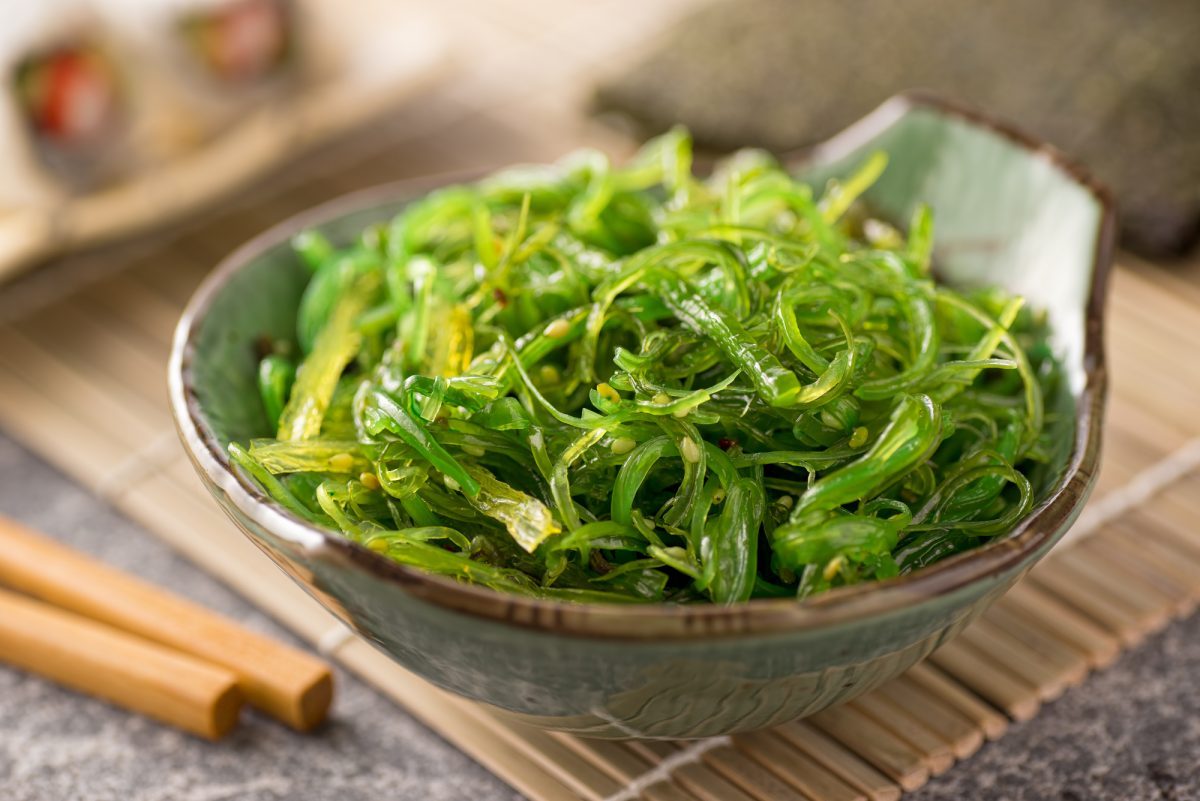Reading Time: 4 minutes
If you are ready to change your diet to make the most significant positive impact on your health, I recommend eliminating gluten. And if you are prepared to take it even further, removing all grains may be worth a try, especially if you are dealing with chronic illness and inflammatory conditions.
Without a doubt, the foods that have contributed the most to a dramatic increase in the incidence of diabetes and blood glucose disorders related to our modern diet are processed grains and refined sugars. In Paleolithic times grains have been estimated to have comprised less than 1% of the diet. There are now significant concerns that we are not well adapted to high consumption of grain-based foods. In most parts of the world, whenever humans adopt grains as a substantial part of the diet, many severe and detrimental health effects have occurred. This includes reduced lifespan, increased incidence of infectious disease, bone mineral disorders, and dental problems.
A high intake of grains is implicated in various health disorders in modern society, including allergies, celiac disease, asthma, yeast infections, digestive disturbances, arthritis, and autoimmune diseases. These effects may, in part, be due to the high glycemic index of processed grains. However, there are many other reasons why grains can have a damaging effect on your health.

Read More: Do You Have a Gluten Intolerance?
When grains are relied on as an essential component of the diet, nutritional deficiencies and related disorders usually occur. According to nutrition researcher and author of The Paleo Diet, Loren Cordain, a total of just eight cereal grains provide 56% of the calories consumed on Earth, and only three cereals – wheat, corn, and rice – comprise 75% of the world’s grain production. A significant reliance on foods that are not a part of our native diets and are low in nutrients has serious consequences. It severely limits the intake of nutrients and phytochemicals from the wide variety of other plant foods – like fruit and vegetables – known to play an essential role in health and wellbeing.
Recently grain-free diets have become a common strategy for reducing inflammation and addressing conditions such as Lyme disease, Hashimoto’s thyroiditis, Multiple Sclerosis, Lupus, and recurrent viral infections. The idea is that avoiding grains can reduce inflammation in the gut, heal the gastrointestinal tract, and reduce the severity of autoimmune diseases.
Grains May Impair Nutrient Absorption
Grains also contain various chemical constituents that can either be toxic or interfere with other nutrients’ absorption. One example is phytic acid, which inhibits zinc, iron, calcium, and magnesium uptake. Species such as birds, rodents, and insects have developed strategies for preventing ill effects from these components. However, since humans’ original habitat is likely to be the tropical forest, some suggest that our digestive systems remain adapted to the types of plants that grow in those environments.

Are Raw Sprouted Grains Better?
Those who follow a raw food diet adhere to the belief that cooked grains are not an ideal food. However, some raw foodists make porridge from soaked oat grouts or eat bread made from sprouted grains. While it is true that sprouting boosts the nutrient content, bread made from them still is acid-forming and can be challenging to digest. Those containing gluten – such as wheat, rye, barley, and spelt, can cause health problems for many people. If consumed in excess, sprouted gluten-containing products can cause all of the same issues associated with consuming cooked grains.
For this reason, I don’t recommend sprouted bread, except perhaps very occasionally for those who are absolutely sure that they are not sensitive to gluten. The density of bread can make it valuable for some people as a transitional food when starting a raw food diet. It may also be helpful those who need to gain healthy weight. However, there are many much better choices available.

Alternatives to Gluten-Containing Grains
A preferable option would be recipes containing gluten-free grains such as millet, quinoa, and buckwheat. Technically these foods are not actually grains but are seeds, and they have an alkalizing effect on the body, especially if they are sprouted. Buckwheat is also the richest food source of rare carbohydrate compounds called fagopyritols, known to reduce blood sugar levels. Raw buckwheat granola or sprouted buckwheat porridge can be a satisfying treat, especially for those who are losing too much weight on a raw food diet.
Another even better alternative to starchy carbohydrates such as bread, pasta, and cereals are root vegetables such as baked or steamed sweet potato and winter squash. These foods are beneficial if your goal is to transition to a diet high in raw foods. They are also a nourishing source of complex carbs on a healing detoxification diet. Starchy veggies can provide the comfort that most of us associate with carbohydrate foods without the adverse effects associated with eating grains.

Ultimately, whether to include gluten and other grains in your diet will be a personal choice. But if you are struggling with digestive problems or conditions involving inflammation and immunity, it could be well worth a trial avoiding these foods to see if it makes a difference in your health.
References:
Buckwheat as a Functional Food and Its Effects on Health


